Immortality (PC) Review
An investigative experience with a much deeper layer of storytelling
With games awards season upon us, I decided to take it upon myself to branch out into some of the perhaps lesser-known nominee titles for the holidays. Having just finished a 55-hour playthrough of God of War Ragnarok (be sure to check out our review of it) I needed something shorter and outside of the genres involving FPS and action-adventure. It had been my intention to play Immortality earlier this year, so I made that my first priority over the past few days. By the time I finished, I was left in shock at what I had played and in awe that something so alternatively artistic could translate well into a game medium. Though instructions were a bit vague and hardly any backstory was set up, Immortality griped me with intrigue and curiosity right until the credits rolled.
Immortality isn’t as much a robust video game as it is an interactive movie-watching simulator. The gameplay involves scrubbing through dozens of random clips concerning an actress, Marissa, who starred in three films over the course of 30 years. However, none of these films were released; Marissa has vanished. Players are tasked with uncovering clues, both contextual and physical, to figure out exactly what happened during these three decades and to solve the mystery of Marissa and her film career. This style of gameplay has become somewhat popular as of late thanks to Immortality’s director, Sam Barlow. Barlow made a name for himself in 2015 with the release of Her Story, a game of a similar format, before founding the development company Half Mermaid and creating both Immorality and Telling Lies.
At this point, dear gamer, I must warn you about possible spoilers coming up. It is very difficult to talk about this game without either broad-stroking certain aspects or turning this into an in-depth film analysis piece. While I will ensure I do not do the latter, the former may happen, but I will keep my words as formless as possible. You have been warned.
Potential spoilers below!
The mechanic that drives this game is pure investigation. Players are given a wealth of clips to start with, ranging from Marissa’s first film in 1968, her follow-up in 1970 and finally, a comeback project in 1999. Due to various reasons, these films were never released, Players are shown a quick tutorial before being released to complete the game with no instruction or tips. Clips can be watched in any order and can be organized in a custom timeline for further investigations. Navigating through the clips is much like being a video editor. Players can play, pause, fast forward, rewind, and slowly scrub through the clip at their own speed. If at any time the player wants to investigate a person or object, they can click on that particular thing, which takes them to a related clip somewhere else. This style of watching and clicking into other areas is the core mechanic of the game, as it unlocks more clips to watch and further the investigation. I just wish there was a bit more explanation into why the player was looking into Marissa, instead of it feeling more like a random task.
The gameplay resembles basic film editing, almost as if I were watching evidence as a detective. However, the hidden aspects of the story, and where the game really took off, involved scrubbing through clips with slow, methodical intent. Through audio cues, I was able to discern which clips had hidden context, which involved me scrubbing carefully either forward or backward to unlock hidden clips. Without revealing what was in those clips, I can say that most of my time and entertainment came from checking almost every clip for these cues to learn more about the true story. The scrubbing itself was a bit clunky at times because I had trouble discerning if I had to scrub slowly or do a sort of quick “flinging” of the reel film to reveal what was next. Overall, I never felt too constricted in how I wanted to explore this story, and even after 4-5 hours of work I learned that there were plenty of other scenes I had not unlocked. There is plenty to see here.
In terms of visuals, I think what intrigued me the most about this game was the fact I was watching fully-acted roles. It’s an interesting setup of watching actors in roles where they are actors rehearsing and acting out their own roles. I kept looking for little nuances in their demeanor: a slight look here, a random object there. Everyone involved in the cast gave what I felt to be a remarkable performance, even if their role was to be a conceited type of actor. This is perhaps the first game I’ve played that has a strong independent film feel to it. Make no mistake, the story in this game is dark. Immortality has some intense themes of sex, violence, the dark side of acting, and the allure of stardom.
The audio is part of the overall mechanics of this game as well, though I found the background music distracting. As you investigate, there is a constant soundtrack playing in the background that adjusts volume whether you’re actively watching something or not. However, the music seemed to interfere with me hearing certain sounds every now and then, so I ended up turning it off with no further problems. Because the films take place in three different time periods, the audio fluctuates in quality and crispness, which I found to be a nice attention to detail. Also, the audio cues were haunting in tone, which added a suspenseful feeling to the whole investigation.
If you’re a curious type of gamer, then this game lends itself well to replayability. After rolling the credits, I looked up interpretations of the story and endings. In doing this, I found I had missed so many different scenes because I didn’t look into one particular path of something. While I feel like I had a good grasp on what happened with each of the main characters and the overall narrative, I feel like I could go back in and find new things to investigate to learn more about our tragic protagonist.
Immortality brought me in with the expectation of one type of story and sent me away having completely been blown away by a different ending. The gameplay here is almost like a form of murder mystery board game with a lot of intrigue and uncertainty in everything. This title is a rare form of film and game melded together in such a creative way. Because this game plays so simply, there really isn’t much that goes wrong here. If you enjoy a self-paced investigation experience with little hand-holding, make sure to check out Immortality.
SCORES
GAMEPLAY - 8.5/10
VISUALS - 8.5/10
SOUND - 7/10
CONTROLS - 8/10
REPLAY VALUE - 8/10
OVERALL - 8/10
Immortality is available on Xbox and PC platforms. It is also available via the Netflix Games mobile app. All screenshots were taken in-game by the reviewer, and this review was written based on a copy available for download for Game Pass for PC.






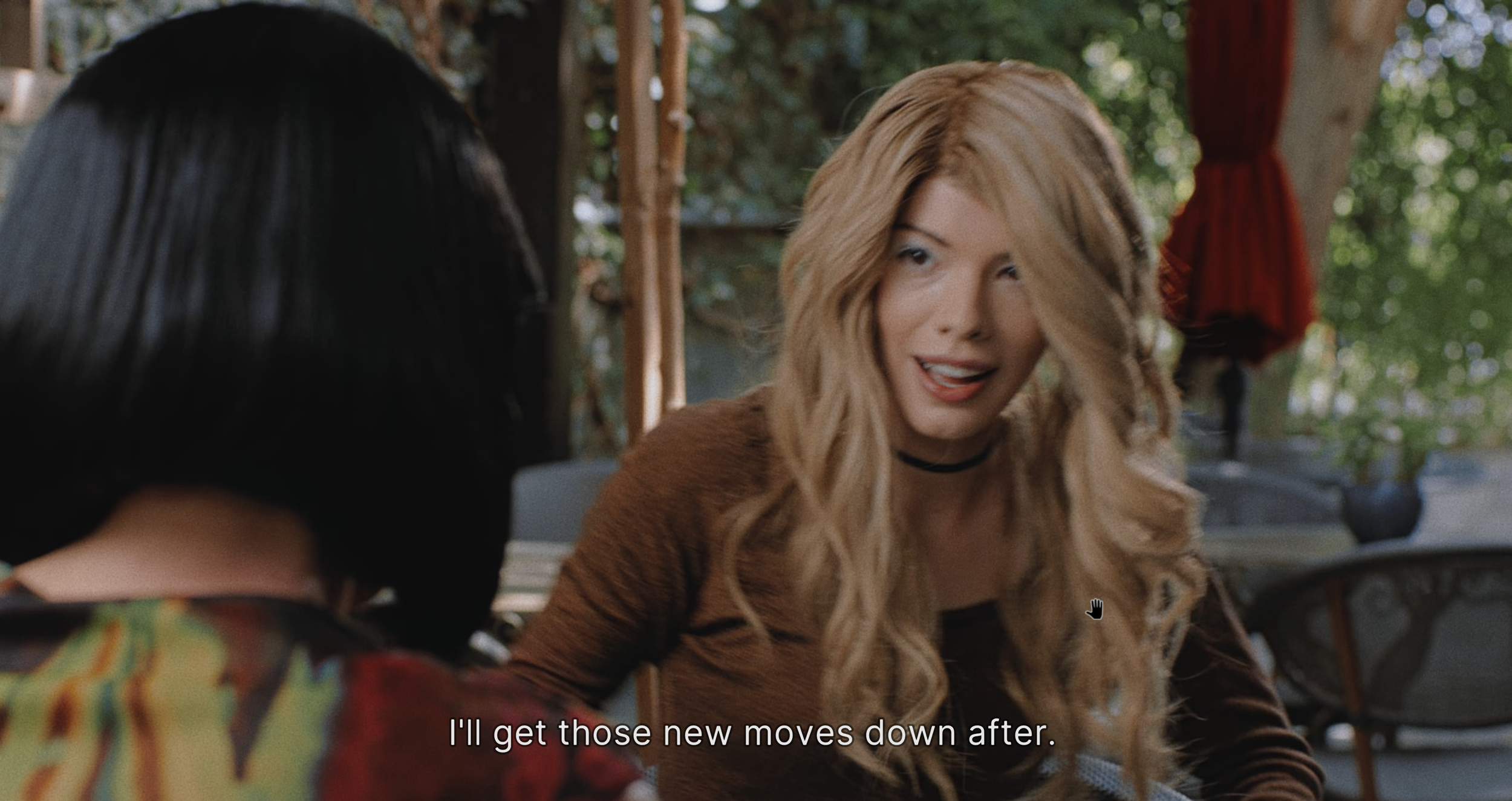



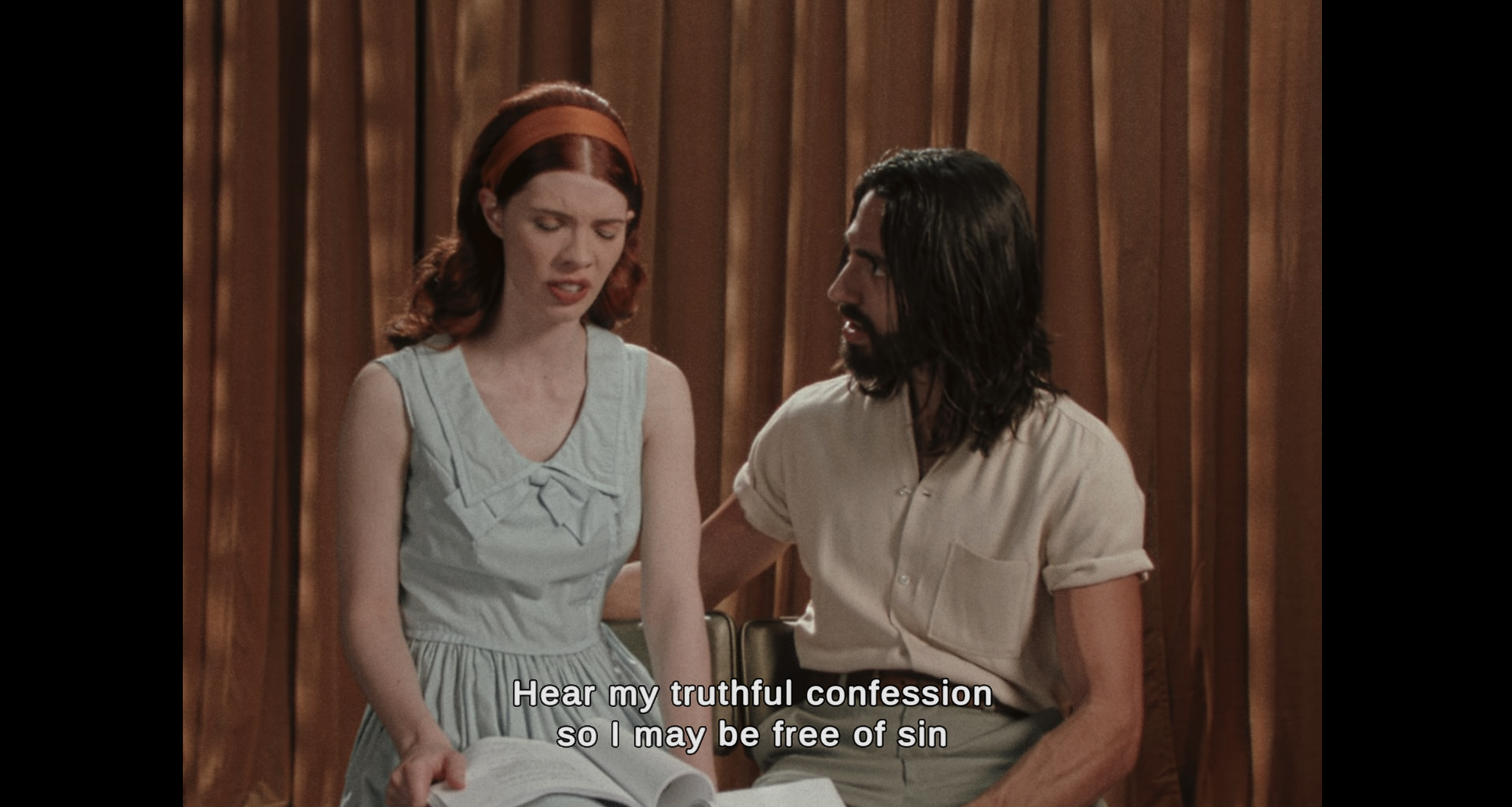

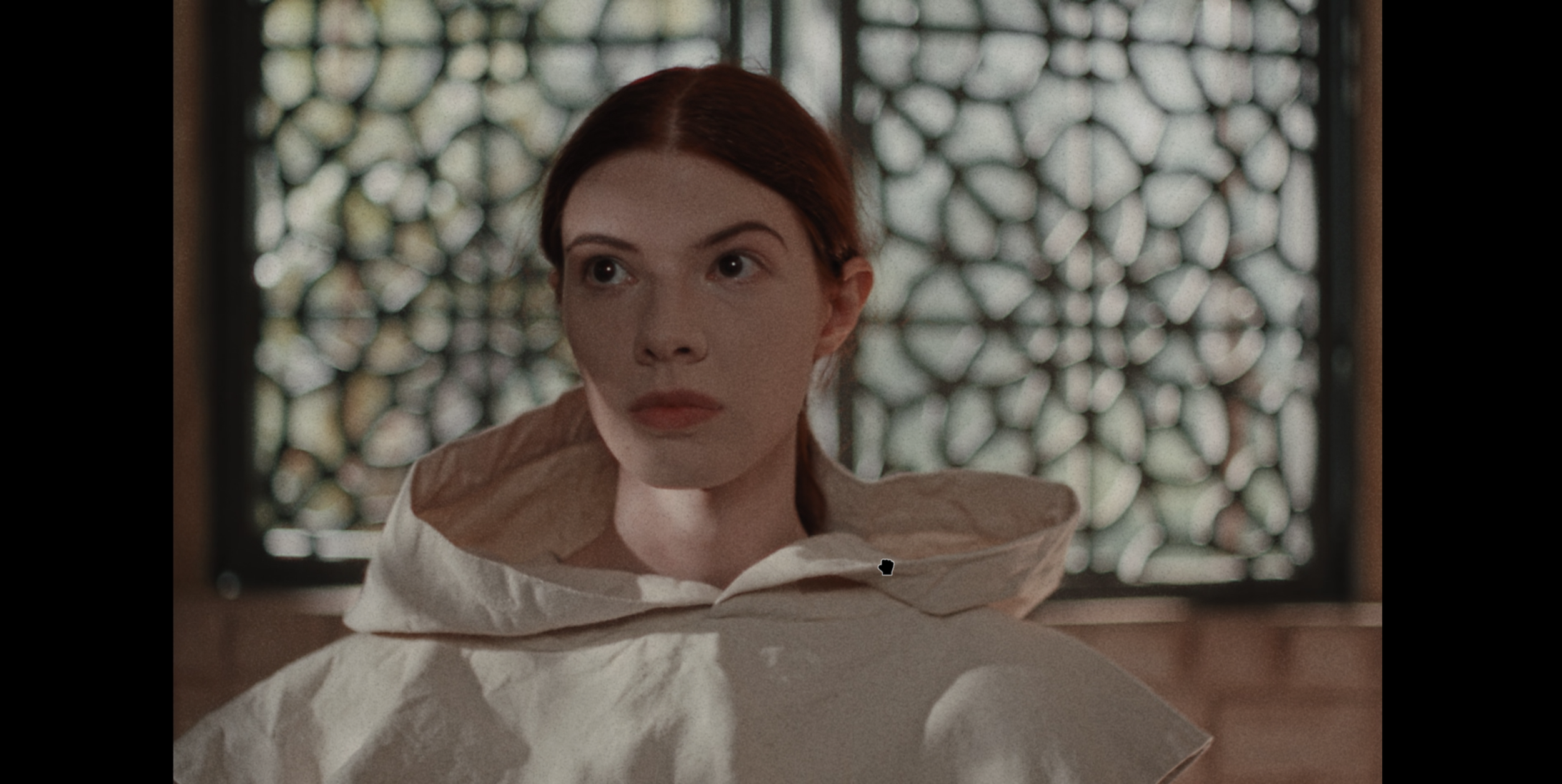
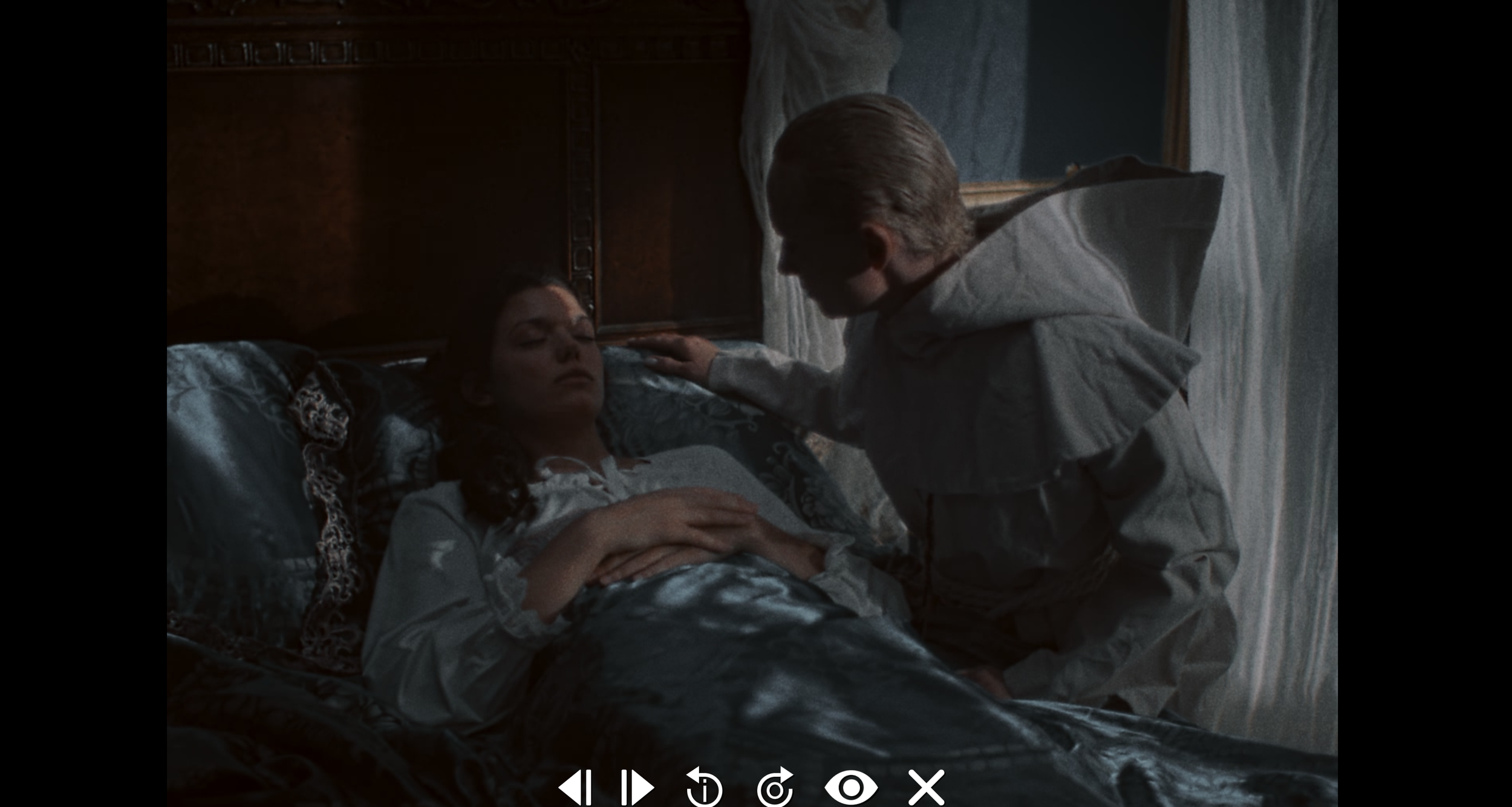
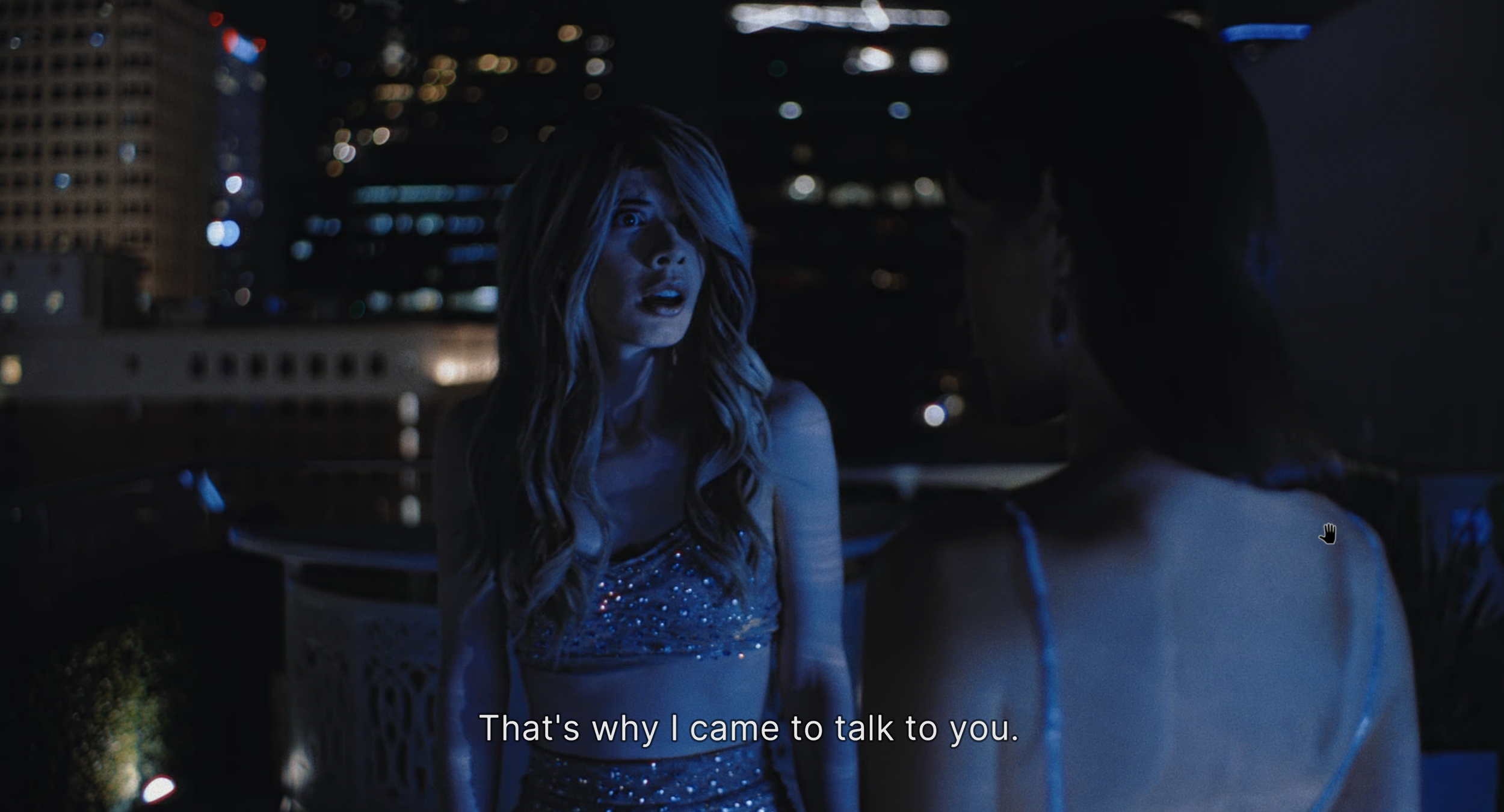



On a path that will ultimately result in his own destruction, James Savage takes on his vampiric ex-girlfriend Draculae in El Paso Elsewhere, a moody neo-noir action shooter from Strange Scaffold.